
Arcane Spell Schools Explained: Complete D&D 5e Wizard Magic Guide
Updated on: 2025-10-28
Table of Contents for Arcane Spell Schools
- Arcane Spell Schools Explained: A Practical Overview
- The Eight Arcane Schools of Magic and Their Effects
- How-To Guide
- Comparing Arcane Schools of Magic for Wizards
- Build Tips: Best Arcane Spell Schools for Wizards in D&D 5e
- Common Questions Answered

Arcane spell schools organize magic into themes that shape how a wizard thinks, prepares, and solves problems. If you have ever wondered, “What are the arcane spell schools and how do they differ?”, this guide offers clear explanations and gentle suggestions. We will cover the schools of arcane magic, compare their strengths, and walk through a simple process for choosing the right path for your character. Along the way, you will find balanced notes on wizard spell schools and how they feel to play, from quiet control to bold damage.
Arcane Spell Schools Explained: A Practical Overview
In many fantasy roleplaying systems, the arcane schools of magic group spells by intent and method. This structure helps you plan a wizard build that feels consistent and effective. While rules vary by system, the core idea remains steady: each school leads you toward certain tactics, tools, and table moments.
When you explore arcane spell schools, consider three simple questions. First, which school best supports your intended party role? Second, what tone do you enjoy, subtle manipulation, raw power, or clever utility? Third, which spells excite you enough to prepare them often? Your answers will gently guide you toward a school that feels rewarding, session after session.
If you enjoy browsing helpful accessories that make play smooth and enjoyable, you may appreciate keeping essentials close by during sessions. For a quick look at gaming gear, you can visit All products or the Runic Dice homepage.
The Eight Arcane Schools of Magic and Their Effects
The classic lineup many players recognize includes eight D&D magic schools. Below is a friendly, system-agnostic overview to help you picture how each feels at the table.
- Abjuration — Protection, wards, and negation. Abjurers gently shield allies, reinforce defenses, and counter hostile magic. If you enjoy safeguarding the party and preventing harm, this school supports a calm, steady style.
- Conjuration — Summoning and teleportation. Conjurers reposition friends, create tools, and bring allies (or hazards) onto the field. If you like flexible problem-solving, this school delivers wide utility and reliable options.
- Divination — Foresight and knowledge. Diviners improve planning, detect hidden threats, and shape outcomes with insight. If you value smart preparation and subtle influence, divination offers quiet but powerful benefits.
- Enchantment — Influence and charm. Enchanters steer social encounters and shape enemy choices. If you prefer soft control over direct damage, this school rewards careful timing and respectful table dynamics.
- Evocation — Direct elemental power. Evokers keep damage simple and clear. If you enjoy impactful spells that resolve problems quickly, this school plays fast and feels decisive.
- Illusion — Deception and misdirection. Illusionists bend perception to create openings. If you love creativity and teamwork, this school performs best when the table leans into the fiction together.
- Necromancy — Life force and decay. Necromancers manipulate vitality, weakening foes or shoring up allies. If you prefer resourceful attrition strategies, this school can be thoughtful and tactical.
- Transmutation — Change and adaptation. Transmuters reshape matter, movement, and capability. If you like steady utility that stays useful across many scenes, this school is reliable and versatile.
Each of these schools of arcane magic has distinct strengths. None is “best” in every situation. Your enjoyment comes from how well the school fits your table, story, and preferred pace of play.
How-To Guide
Step 1: Define Role and Theme
Choose a simple vision: protect allies, control the field, investigate mysteries, or deliver damage. Write a one-sentence theme such as “A vigilant warder who keeps companions safe.” This lens will make the right arcane spell schools stand out.
Step 2: Note Campaign and Party
Consider the story’s tone and your group’s needs. If your party lacks control, schools with reliable battlefield management may help. If you travel light on healing or prevention, abjuration or necromancy tools may offer support.
Step 3: Match School to Goals
Connect your goals to a short list of schools. For example, quick problem resolution often points to evocation or conjuration. Flexible utility suggests transmutation or conjuration. Subtle steering suggests enchantment or divination. This gentle filter narrows choices without pressure.
Step 4: Audit Your Spell List
Review your favorite spells and tag them by school. Notice patterns. If most of your “must-have” spells belong to a specific school, that is a strong signal. Keep a small note with 6–8 priority spells you will prepare often to support your theme.
Step 5: Playtest and Adjust
Try your short list for a few sessions. After each session, write one line: what helped most, and what felt slow. Adjust your selection kindly and keep what sparks joy at the table. This gentle iteration creates a build that feels natural.
 Comparing Arcane Schools of Magic for Wizards
Comparing Arcane Schools of Magic for Wizards
When comparing arcane schools of magic, it may help to look at three lenses: reliability, flexibility, and party synergy.
- Reliability: Consider spells that work in many scenes. Evocation shines for consistent damage. Abjuration protects without heavy setup. Divination can quietly reshape odds.
- Flexibility: Conjuration and transmutation often solve varied challenges with one slot. Illusion can be flexible with DM support and a creative table.
- Party Synergy: Enchantment and illusion reward teamwork. Abjuration supports fragile allies. Necromancy suits careful attrition strategies or themes that value resource control.
It may also be helpful to reflect on table preferences. Some groups enjoy swift, noticeable outcomes. Others prefer creative puzzles and narrative twists. Match your arcane spell schools to your table’s rhythm for smoother sessions.
If you enjoy reading more tabletop tips and ideas, you may find helpful posts on the News page. For any questions or kind feedback, the Contact page is available and appreciated.
Build Tips: Best Arcane Spell Schools for Wizards in D&D 5e
Many players ask, “Which arcane spell school is best for a wizard build?” While there is no single answer, we can offer kind, practical guidance. Here are gentle considerations drawn from common table experiences:
- For steady reliability: Evocation offers clear outcomes when you want dependable damage. Abjuration provides consistent protection for you and companions.
- For flexible utility: Transmutation and conjuration often cover exploration, mobility, and creative solutions. They feel helpful in campaigns that present varied challenges.
- For subtle control: Enchantment and illusion excel in social or stealth-forward stories. They feel most rewarding when your group enjoys roleplay and imagination.
- For insight and planning: Divination smooths uncertainty and helps the party act with confidence. It feels gentle but powerful over a long campaign.
- For resourceful attrition: Necromancy can support survival and long-term endurance. It suits players who enjoy calculated risk and careful timing.
If you want a quick reference, “best arcane spell schools for wizards in D&D 5e” depends on your role. Blasters tend to prefer evocation. Controllers and tacticians may lean on enchantment, conjuration, or illusion. Protectors often value abjuration. Generalists and tinkerers find transmutation rewarding. Strategists and planners enjoy divination. Resource-minded players explore necromancy.
To make a complete guide to arcane spell schools and their effects actionable at the table, pair your choice with a short toolkit. Keep two control spells, two utility spells, and one emergency spell ready. This small structure helps every school feel useful in changing circumstances.
Lastly, remember that your enjoyment matters most. Choose the arcane spell schools that make you excited to prepare spells, narrate outcomes, and support your group’s fun. If you ever wish to enhance your table setup or explore new accessories, the Runic Dice site may offer something you enjoy.
Common Questions Answered
What are the arcane spell schools and how do they differ?
The arcane spell schools group magic by intent and method—protection, summoning, foresight, influence, damage, deception, vitality, and transformation. They differ in playstyle: some emphasize reliability and direct outcomes (like evocation and abjuration), while others reward creativity, planning, or teamwork (like illusion, divination, and enchantment). The best fit depends on your role, table style, and favorite spells.
Which arcane spell school is best for a wizard build?
There is no universal “best.” If you want dependable damage, evocation is straightforward. If you prefer versatile solutions, transmutation or conjuration often feel helpful. For subtle control, consider enchantment or illusion. For protection and prevention, abjuration is steady. If you enjoy planning and insight, divination is supportive. For resourceful endurance, necromancy can be effective. Choose the one that aligns with your goals and group dynamics.
Are D&D magic schools balanced for general play?
In most tables, all schools can contribute meaningfully when used with care. Balance depends on campaign tone, DM style, and party needs. A school shines when it supports the session’s challenges and complements allies. If something feels weak, try refining your spell list or adjusting tactics. Gentle iteration often resolves concerns.
How do I keep my arcane school useful across many sessions?
Prepare a small, flexible core: one control spell, one mobility or utility spell, one emergency “get out” option, plus two reliable staples that match your role. Revisit your list after each session and adjust kindly based on what you used most. Over time, this approach keeps your school consistently helpful.
Can I mix schools effectively, or should I specialize?
Both approaches can work well. Specializing creates a strong identity and clear strengths. Mixing schools provides coverage for varied challenges. If you are unsure, start with a core focus and add two supportive spells from complementary schools. This gentle blend keeps your identity while preserving flexibility.





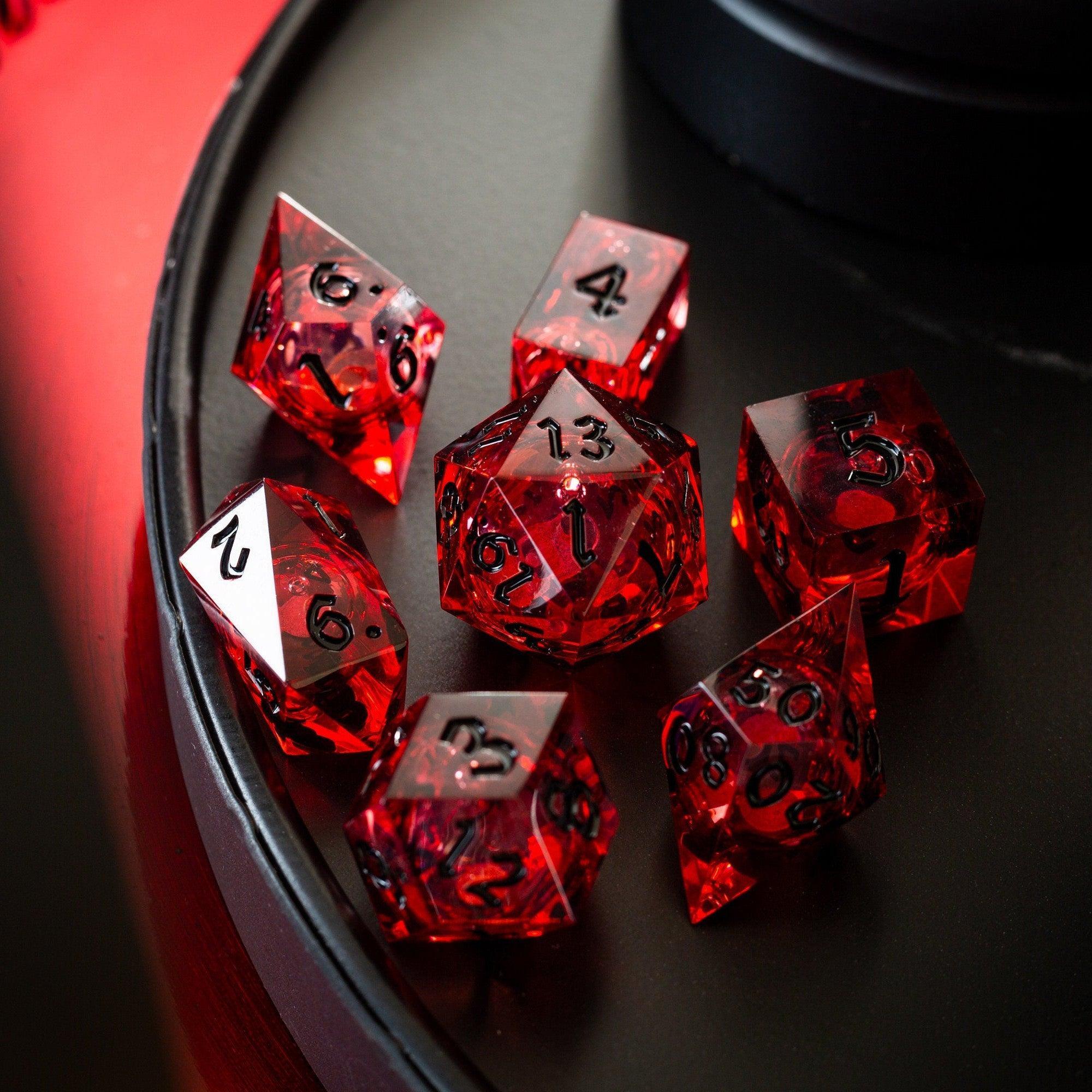
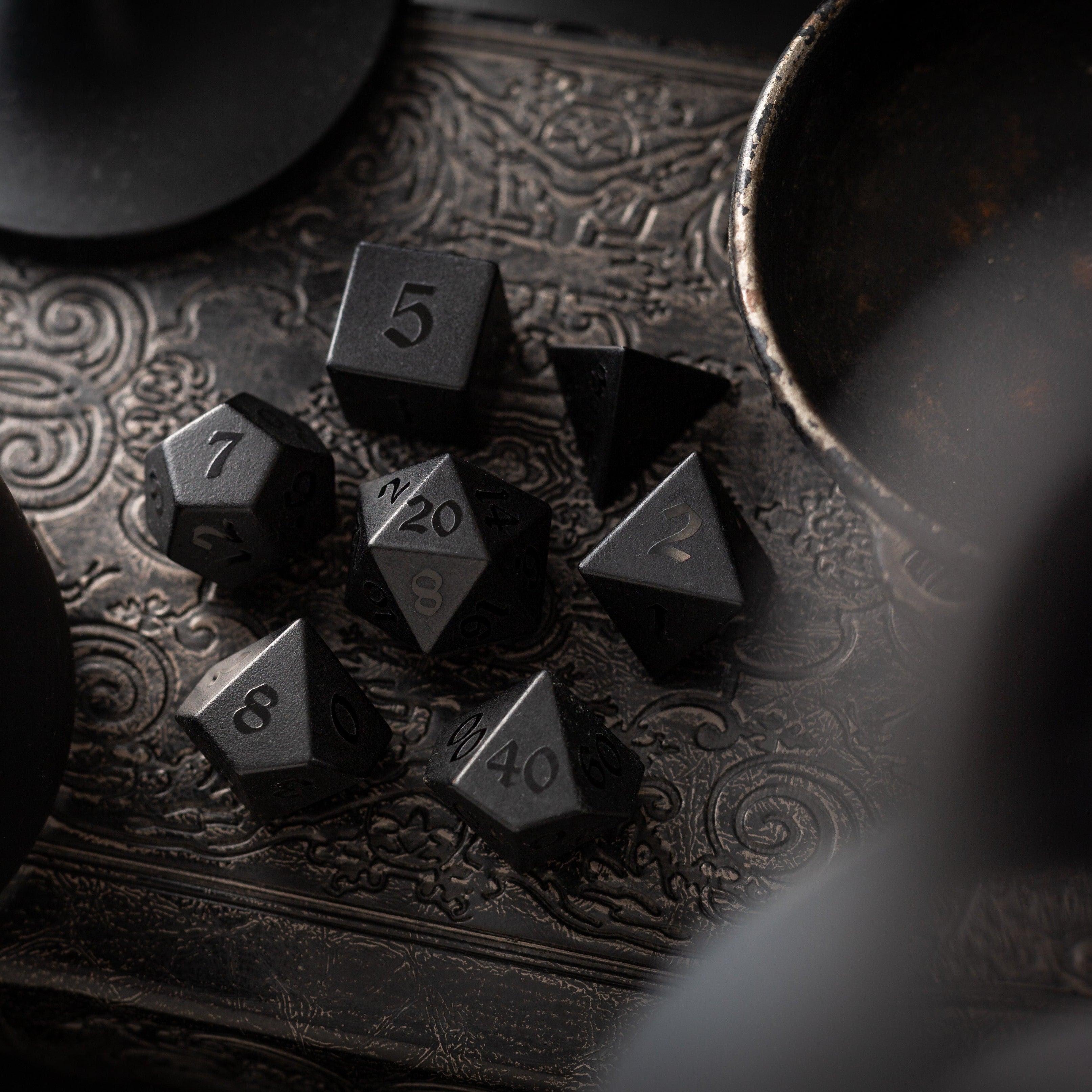
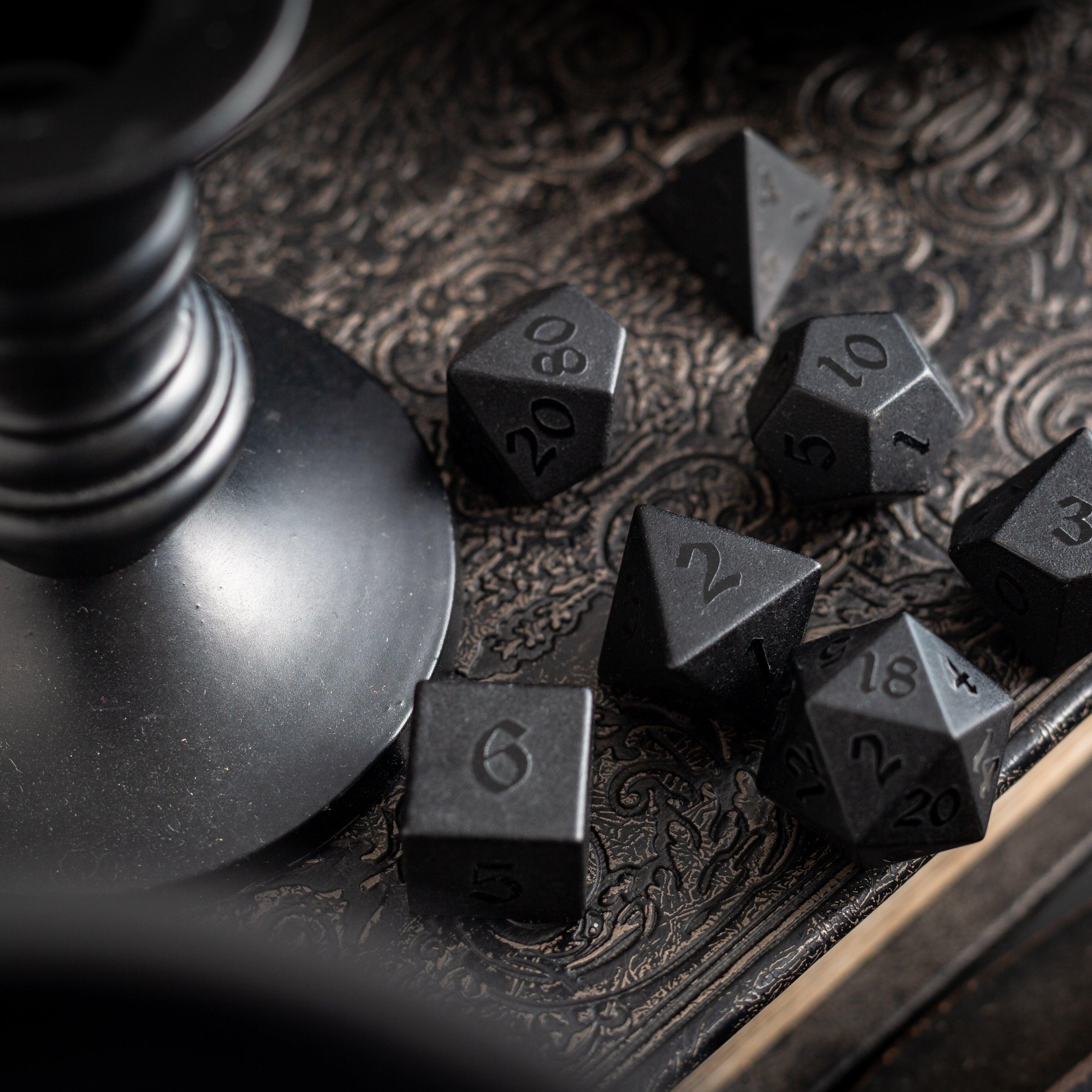
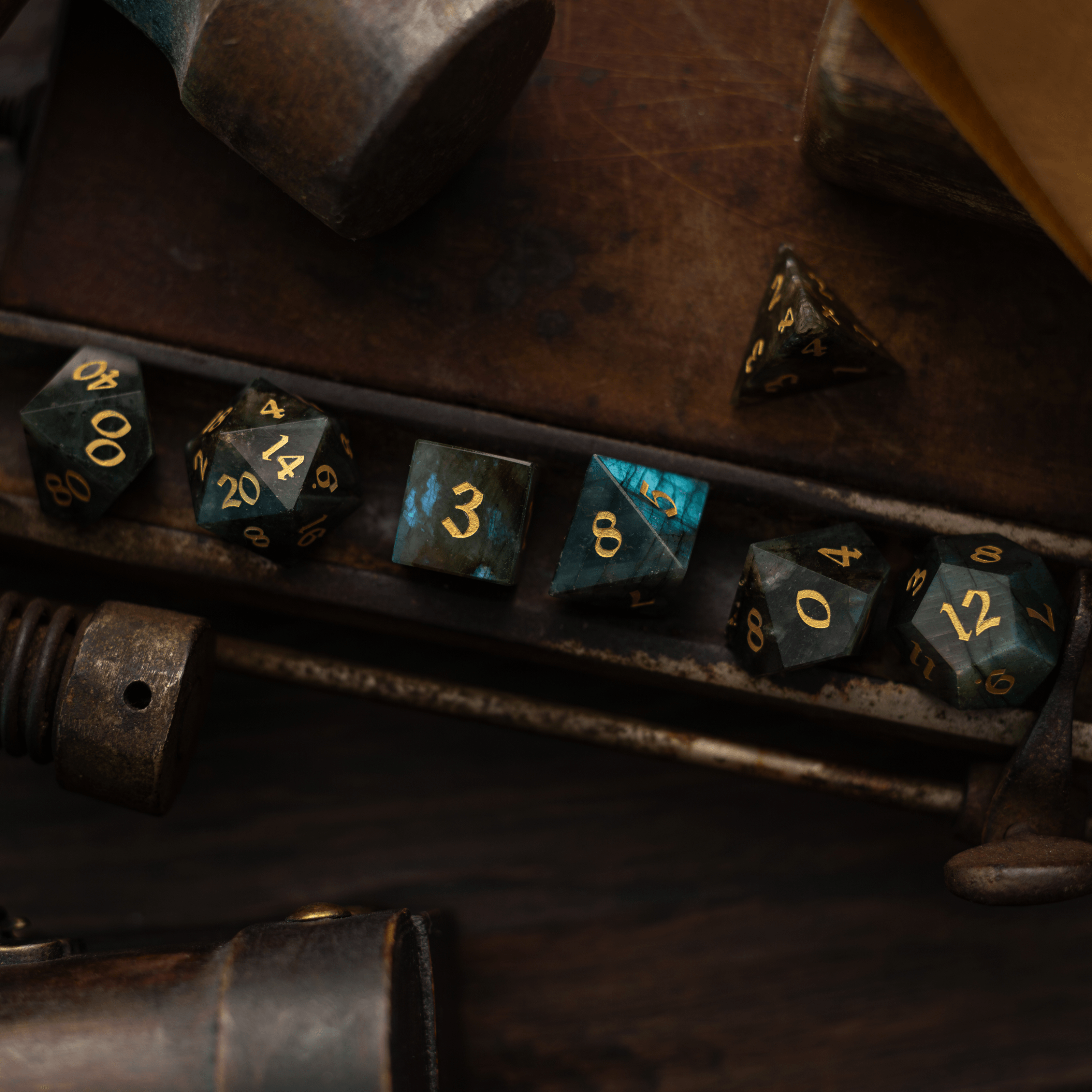
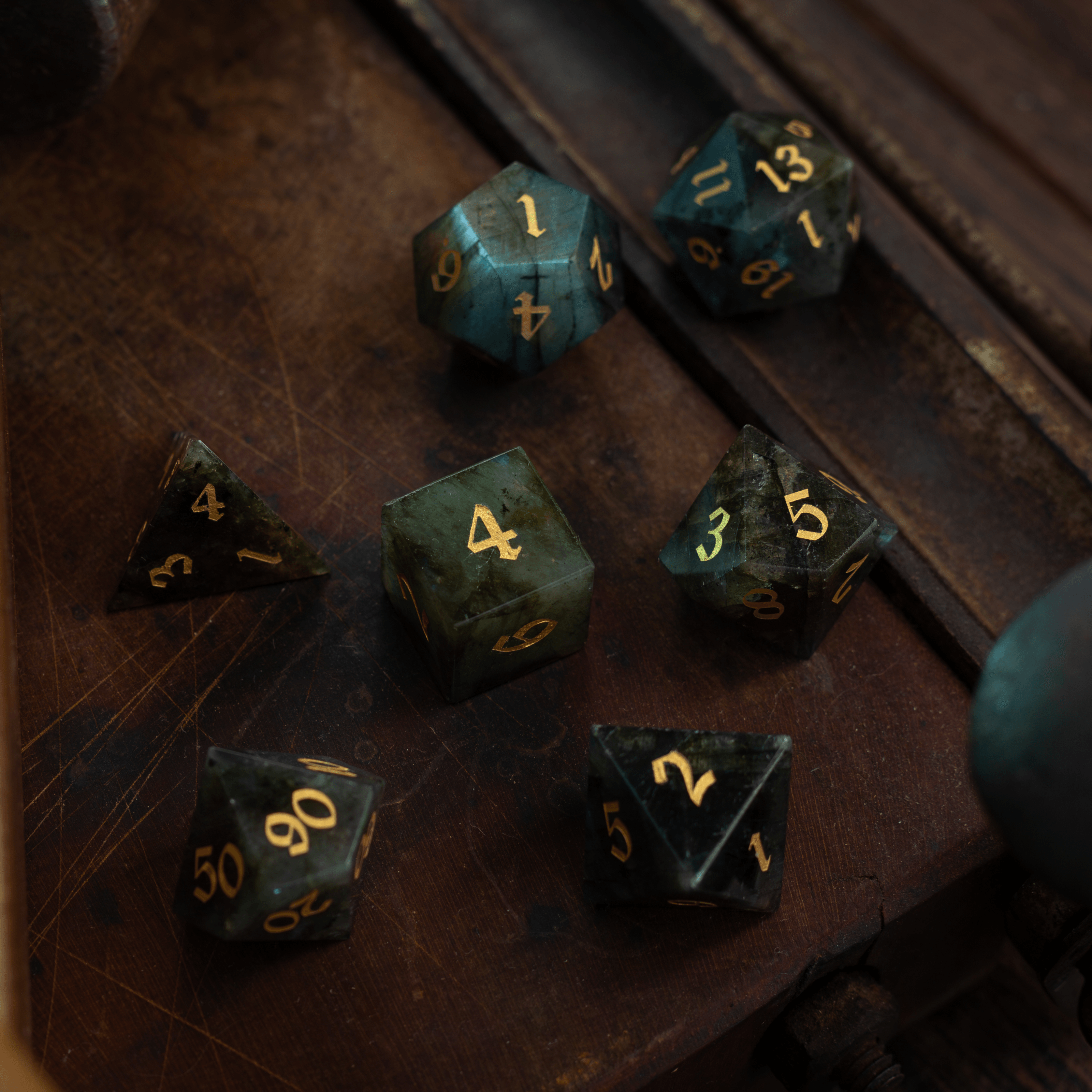




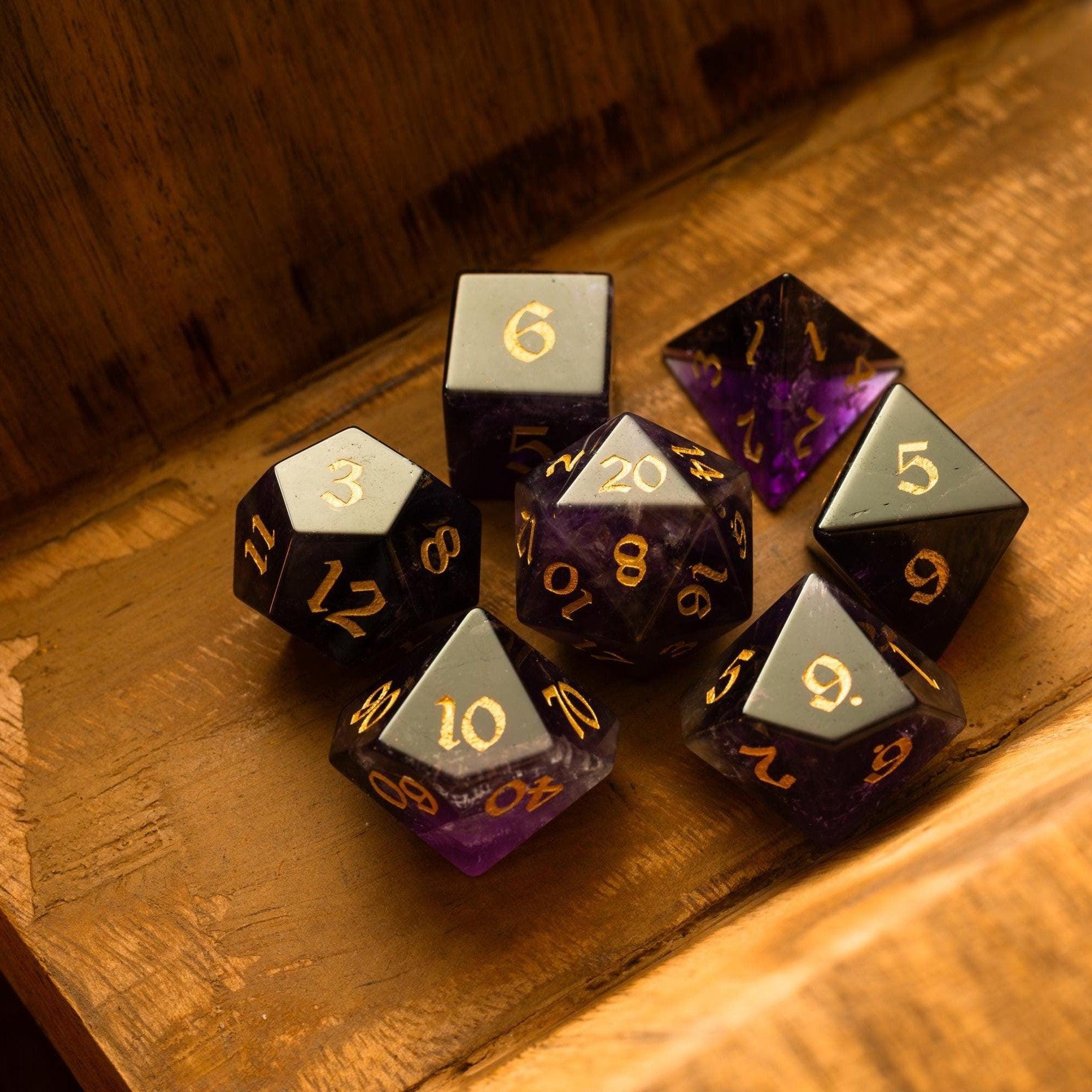



Leave a comment
This site is protected by hCaptcha and the hCaptcha Privacy Policy and Terms of Service apply.